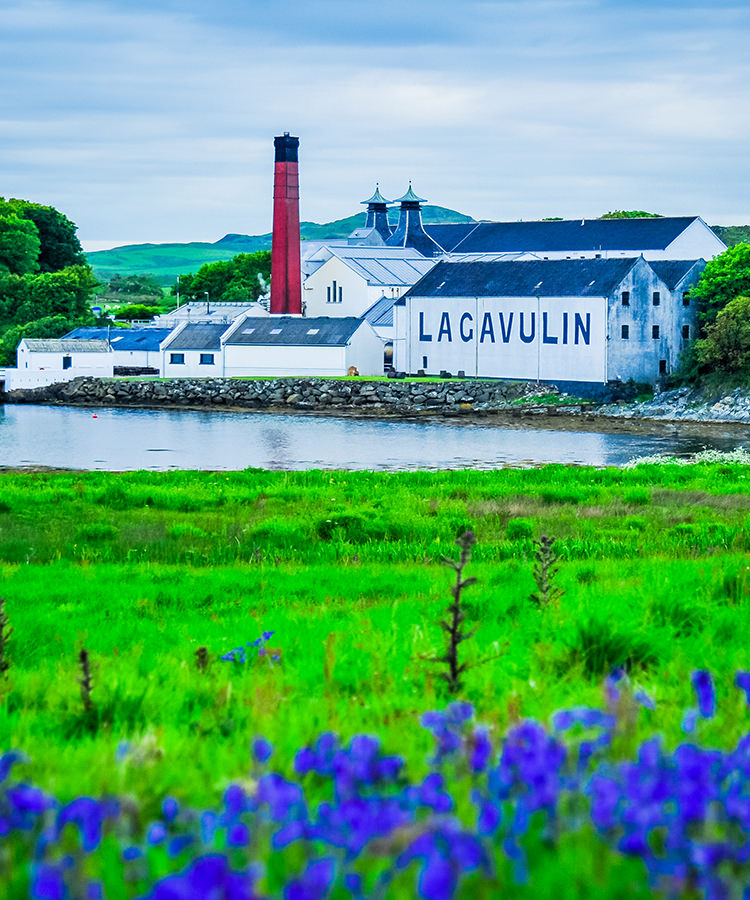It’s in vogue to be a fan of single-malt Scotch whisky. Trendy drinkers love to fetishize things that speak of a distinct place and style. For Scotch, that means obsessing over single malts and disregarding blends, and the market shows it. Single-malt sales have grown 183 percent in the U.S. since 2002, while blended Scotch sales have fallen 11 percent, according to the Distilled Spirits Council. But those single-malt distilleries wouldn’t be so consistently distinct — or possibly even around at all — if it weren’t for blended Scotch whisky brands. Because the truth of the matter is that single-malt distilleries exist to be put into blends.
A large portion if not the majority of whisky that each Scotch distillery produces goes into blends like Johnnie Walker, Dewars, and Chivas. Crowd favorites like Talisker, Glenlivet, and Glenfiddich are all owned by blended Scotch companies that depend on each distillery providing a consistent product. Without blended Scotch ownership providing much-needed monetary support, there wouldn’t be consistent (and consistently delicious) single-malt Scotch. There wouldn’t be single malt at all.
And though this might be surprising, it’s nothing new. Blended Scotch companies owning distilleries goes back to the late 1800s.
In 1819 or 1820, an enterprising grocer named John Walker blended his own whisky in the small town of Kilmarnock. After John died, his son, Alexander Walker, took over the family business. Alexander Walker was looking to make a more consistent blended product. So he approached Elizabeth Cumming, the second-generation master distiller at Cardhu, which was producing single malt, and purchased the Cardhu distillery for £20,500. He thought it would be a good way to maintain that consistency in his blend, and he was right. Johnnie Walker, the brand, has continued to use single malt in its blends ever since.
Today, Johnnie Walker is owned by Diageo. The company owns 27 whisky distilleries and two grain distilleries. Pernod Ricard, the second-largest Scotch producer, owns 10 distilleries. Bacardi, which owns Dewars, owns five single-malt distilleries. These blended whisky companies support the production of the single-malt brands. Each distillery makes the same distinct product year over year in service to the larger blend. Blended Scotch wouldn’t be the same without the smokiness from the Islay region of Scotland, or the fruity notes from the Speyside region. And those single malts wouldn’t be the same either without the support of big blends.
That consumers have the option of buying a single malt is just a side benefit to blended Scotch whisky — and it’s one we can all thank the blenders for.
Disclosure: Diageo, the parent company of Johnnie Walker, is an investor in VinePair.
